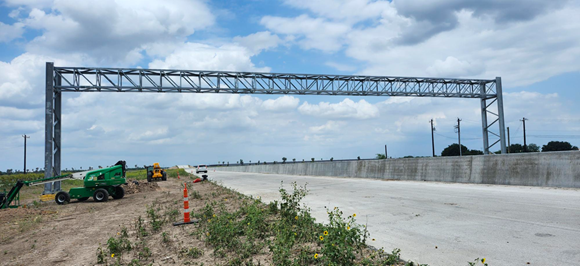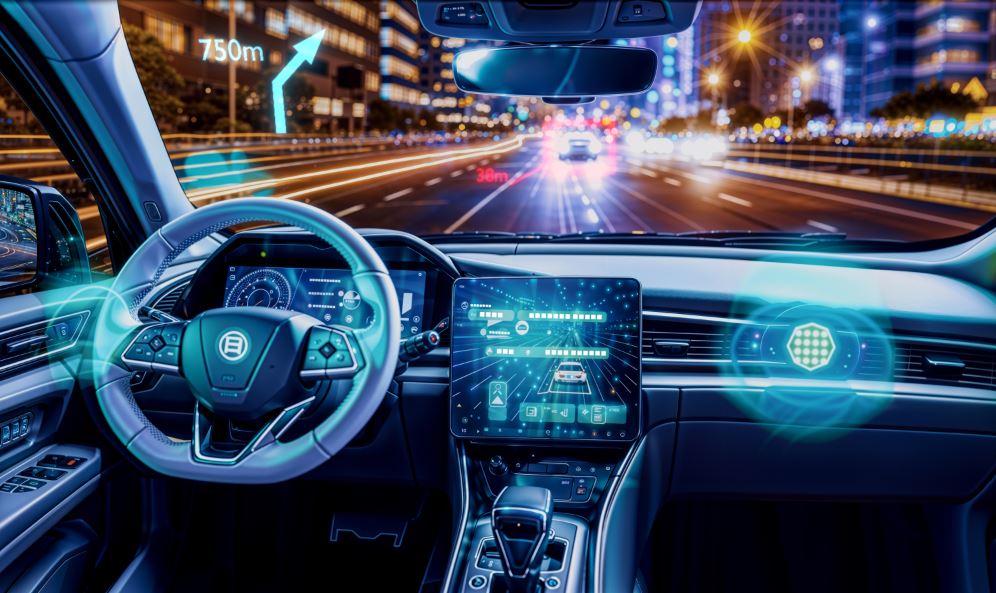The application of Artificial Intelligence (AI) in public transport ticketing and fare collection systems has opened up a range of possibilities that promise to transform urban mobility. Such technology is changing the way users access and pay for transport services, while providing numerous benefits for passengers, regions, cities and transport consortia.
First of all, AI positively affects the user by improving the user’s travel experience. With the integration of smart ticketing systems, passengers can access more convenient and personalised options. The system analyses the travel patterns of each user, allowing it to offer fares and discounts tailored to their specific needs. In addition, AI-powered chatbots provide real-time assistance and instant answers to frequently asked questions, reducing uncertainty and improving customer satisfaction.
AI also offers greater user convenience through the adoption of more advanced payment technologies. EMV linking allows passengers to use “chip-enabled” credit and debit cards to make contactless payments, eliminating the need for cash and speeding up the collection process.
The integration of ABT account-based systems represents a significant advantage for users. By linking their accounts with mobile apps or bank cards, passengers can pay instantly and without the need for physical cards or tickets, making their travel experience even simpler.

Meanwhile, regions, cities and transport consortia will benefit greatly from adopting Artificial Intelligence in their ticketing and fare collection systems. The implementation of these technologies will enable them to improve operational efficiency and reduce costs. Process automation streamlines the management of sales, collections and validations, reducing errors and increasing financial transparency. In addition, AI provides valuable real-time information on passenger demand and flow, facilitating informed decisions in the planning and scheduling of transport routes and services. This leads to further optimisation of the system, ensuring a better transport offering and a more satisfactory user experience.
In short, Artificial Intelligence is revolutionising ticketing and fare collection systems in public transport, providing tangible benefits for both users and transport authorities. Personalising the user experience, implementing advanced payment technologies and automating processes are just a few examples of how AI is transforming urban mobility towards a more efficient and convenient future for all.





